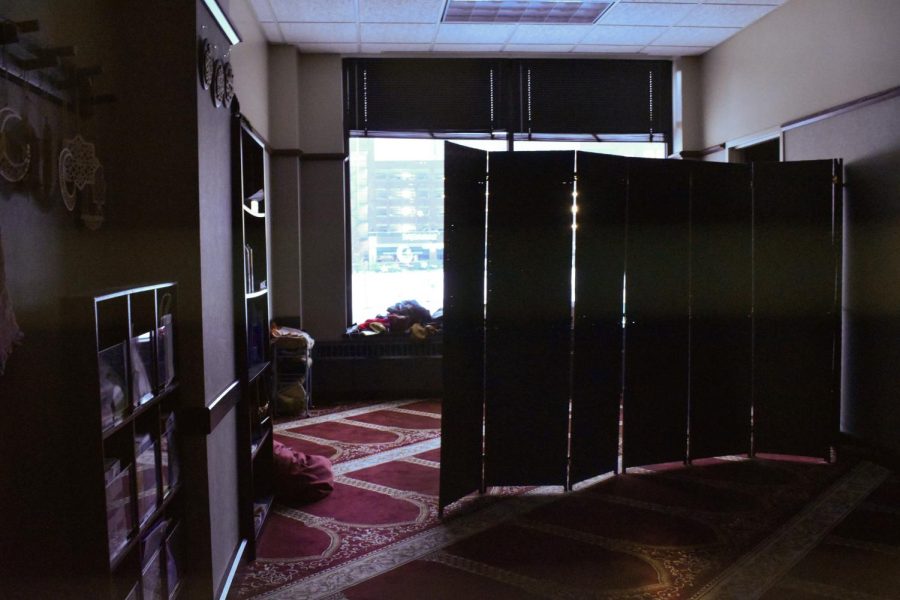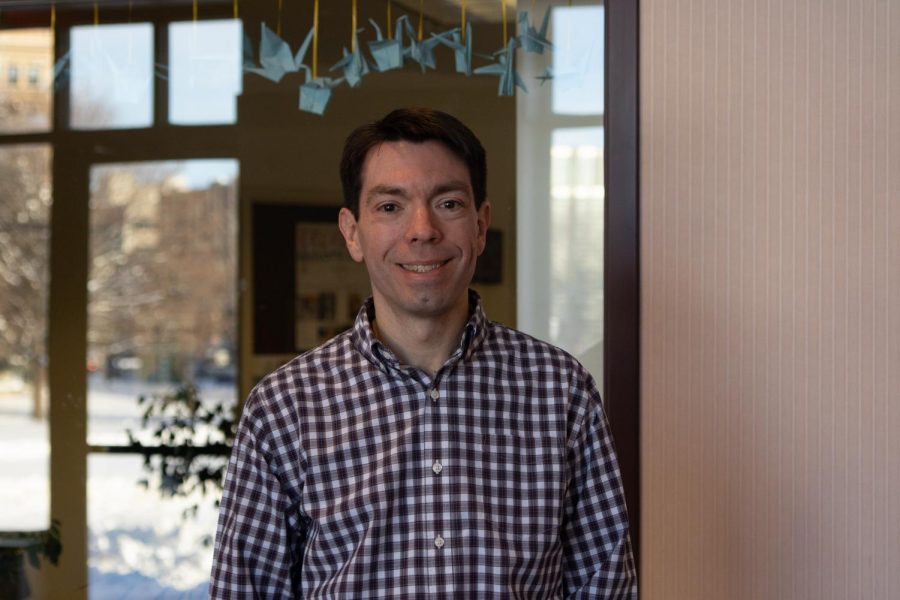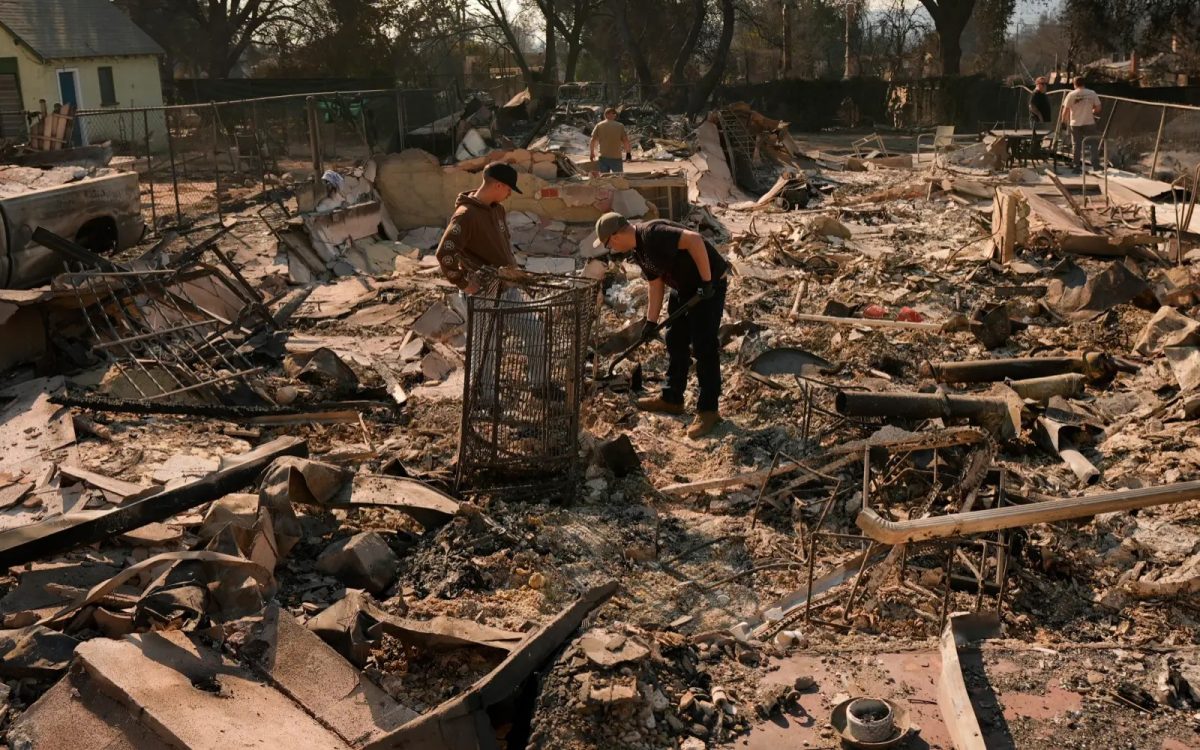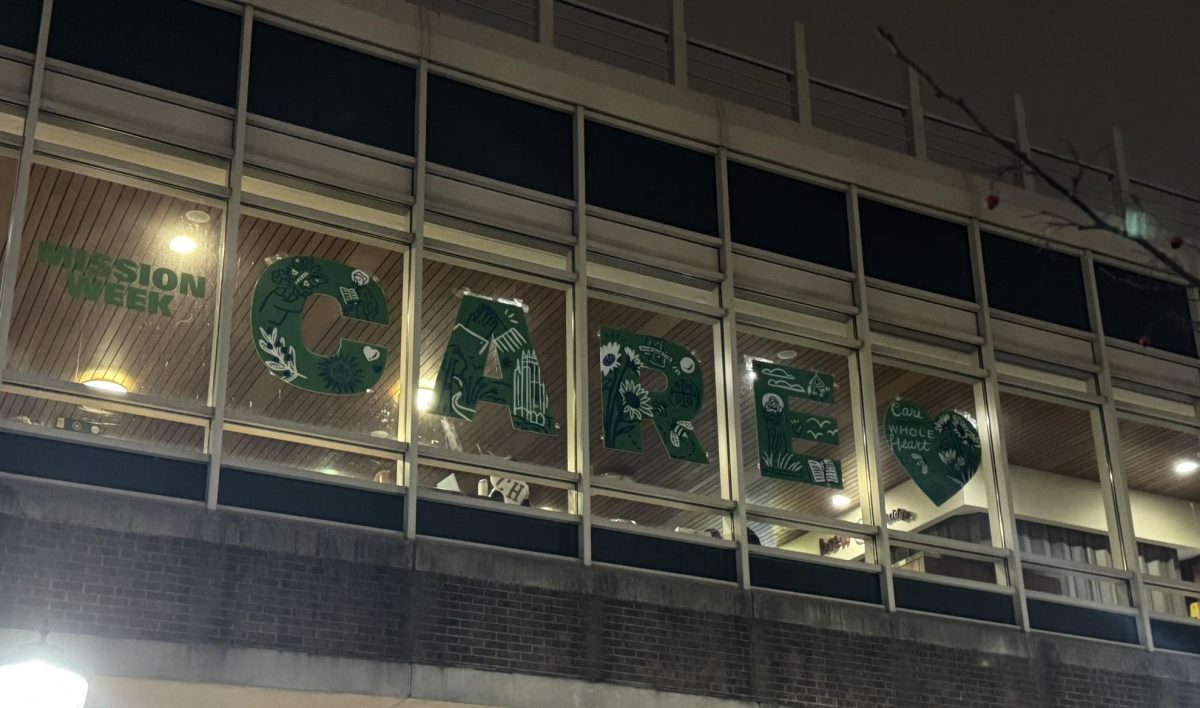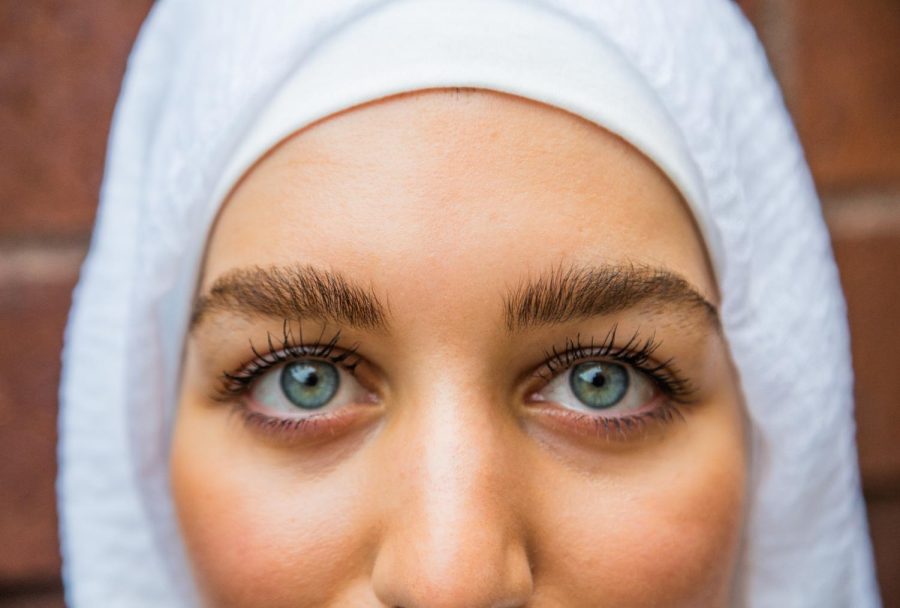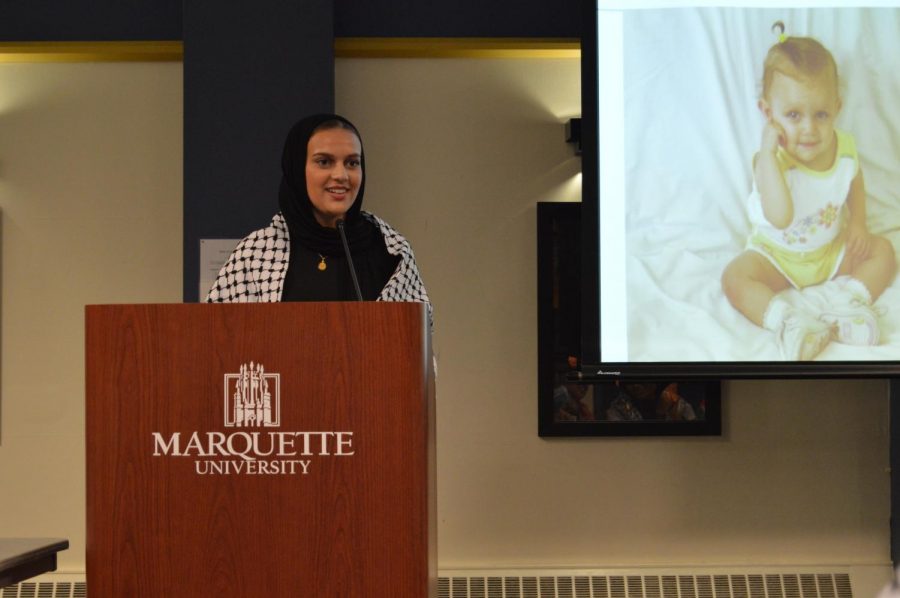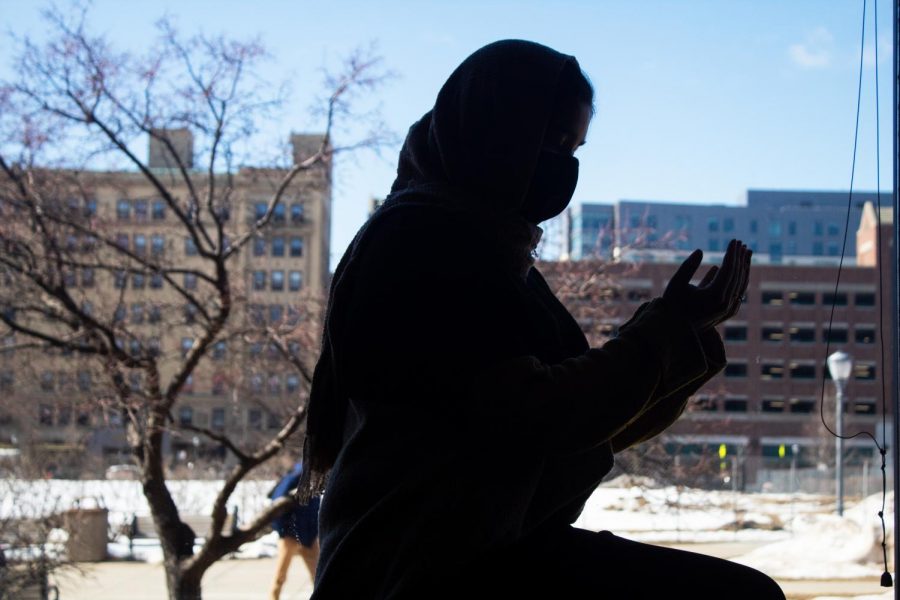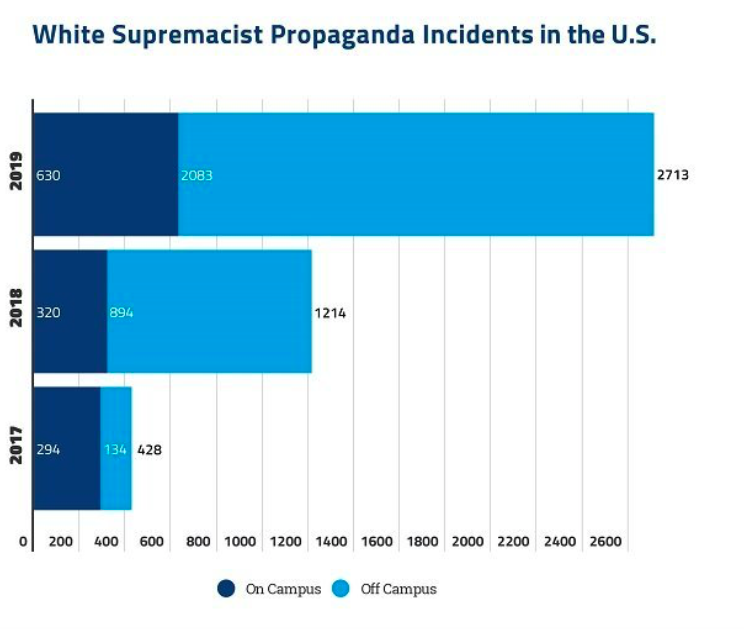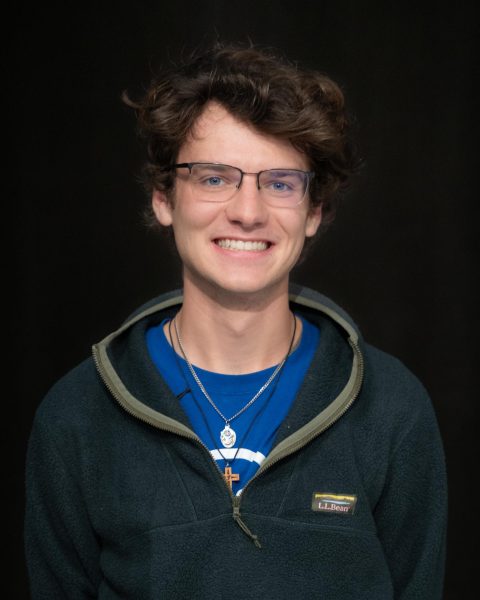Last year Marquette installed an ablution station at campus ministry in the Alumni Memorial Union. The station is meant to make the ritual of wudu — washing before prayer — easier for Muslim students on campus. But Muslim students are still looking for larger accommodations as the population grows on campus.
Leen Mortada, a junior in the College of Arts & Sciences and current president of the Muslim Student Association, said she had begun communication with campus ministry and administration on campus asking for a larger prayer space on campus.
Mortada said this year there has been a lot of new faces coming to MSA events. The organization’s main focus this year was to make more people feel welcome in the community and on campus.
Because of the growing population of Muslim students on campus, there has been an increase in students attending the prayer space, which is currently in Alumni Memorial Union room 231.
“With the Muslim population on campus expanding, it is going to be harder for us to find a space that can fit all of us at once,” Anas Alzamli, a sophomore in the College of Engineering and vice president of MSA , said.
Alzamli said there are sometimes over 50 people who come and pray, and AMU 231 is not enough space for so many people.
Throughout the course of a day, Muslims have to pray five times, all within varying time frames. On a normal day one can do this alone, but on Friday Muslims come together for the congressional prayer, also known as Jummah.
“Friday is sort of our holy day, where it is the end of our week and we believe that if we pray and we repent that our sins of the previous week are forgiven. And it’s a normal prayer, at the same time everyday, but you have to pray this one in congregation with your fellow students,” Alzamzi said.
In some cases, Jummah is the first time students on campus are able to meet other students of faith. Mortada said a lot of Muslim first-years on campus are looking for other students who share the faith and Jummah provides that space.
“We often don’t see each other, or pray with each other during the week … but on Friday prayer there is a set time for everyone and so this is the first time there is a community feeling where we come together and help each other,” Mortada said.
Through Jummah Muslim students are able to meet peers who have the same major and are taking similar classes, and students can get advice from one another.
Mortada said a lot of the time after Friday prayer people will hang out and catch up with one another, reinforcing the feeling of community.
This is the environment that Mortada and Alzamli are trying to replicate through MSA.
“Another need is to find people who share similar experiences as them. A lot of us have the same majors so a lot of people like the idea that in MSA there are people of all grades. So using all these resources they can take advice from other students and it has been helpful for students,” Mortada said.
Mortada said that with the population of Muslim students growing, there needs to be better campus awareness for students of faith. Because the prayer schedule is set throughout the day many students have to be excused from class. Mortada hopes that teachers and faculty will become more understanding of Muslim students needs on campus.
MSA is currently writing to the administration on campus and is working to find larger places for students to pray.
“With all of these new buildings being constructed on campus like the business building and the student wellness center, we are looking at those buildings that have spaces available,” Mortada said.
Other Jesuit universities across America have taken initiative on providing better accommodations for Muslim students. In 2019, Gonzaga relocated their prayer space to a space that was more accessible for students. DePaul and Loyola have also seen increases in Muslim student populations and provide students space on campus for prayer.
This story was written by Connor Baldwin. He can be reached at connor.baldwin@marquette.edu


